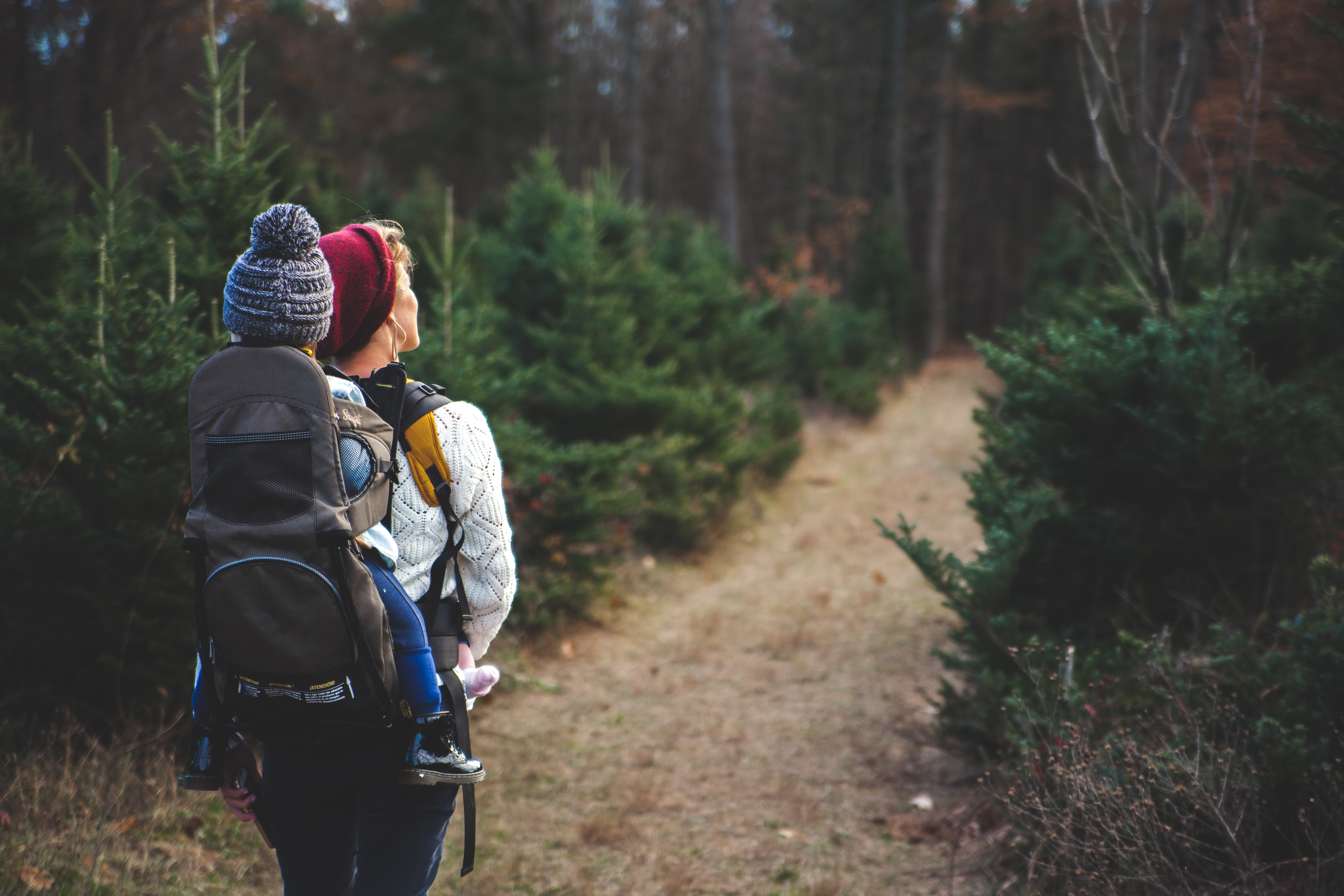“Wait, stop. Can you hear that?” Standing at the end of the quarter-mile hike up to the peak of Westwood Hills in Napa, my friend instructed me to halt my steps and listen. A wide-eyed look of bewilderment formed on my face, “Hear what?” I replied. She looked at me with a smile of satisfaction, “Exactly. You can’t hear a thing.”
My hiking partner made a weekly ritual of hiking at different locations throughout Napa at least once per week. She made efforts to find locations at each hike in which she discovered moments absent of the cacophony of cars traveling on the street, the beeping of construction trucks backing up, or the chatter of society interacting with each other. This method of removing herself from the hustle and bustle of everyday life impressed me. Not only was she achieving an efficient and effective form of physical activity, but her weekly hiking adherence served as potent therapy to enhance her everyday life.
Lack of overall fitness and increased psychological and emotional stress threaten our health. Decreased movement is an ever-increasing epidemic in our society which causes a potpourri of metabolic diseases, psychological distress, and disruptions in the fulfillment of our quality of life. Additionally, the demands we put on ourselves to support our financial situations, careers, and relationships with the people we care about have the potential to put tremendous pressure on our mental well-being.
Anti-depressants and medication designed to suppress metabolic disease can be helpful in taming symptoms of being overweight or overly stressed. These clinically distributed medications from our primary doctors are potent tools to alleviate the repercussions of stressful lifestyles and metabolic diseases. However, if these medications are the only solution people depend on, the need for more medication in the future has the potential to increase. Depending on prescriptions handed out by our doctor can enter into a vicious cycle that causes more harm than good if actions aren’t taken to apply our own forms of therapy by getting out and smelling the flowers.
An effective form of decreasing stress while introducing healthy demands on the body is physically moving ourselves to a location where themes afflicting our psychological and physical state aren’t present. My hiking partner’s example of hiking to one of the highest points in Napa, where large groups of people are present and the business of society can’t be sensed, is a compelling example of putting oneself in an optimally stress-free environment. The cell phones were left in the cars, the parking lot was one-thousand feet below us and a quarter mile away, and the only other people we saw were those who passed us for a split second on a small dirt trail with the same mindset as us. Cars aren’t allowed up these trails. Cell phones couldn’t get reception. And the only noise in the air was brushing leaves against each other as gusts of wind passed through tree branches, the skitter of lizards and squirrels crossing our path, and birds singing. Hiking truly is a potent anti-depressant and weight-loss medication.
Highlighting forms of movement that fend off the stresses of life and offer cardiovascular and strength improvement exemplifies how exercise is medicine. Perhaps we can utilize the resources of the beautiful world around us and leave the technological demands of our lives behind us for a moment to absorb the naturally occurring medicine present in the natural aspects of our world.
Sean McCawley, the founder and owner of Napa Tenacious Fitness in Napa, CA, welcomes questions and comments. Reach him at 707-287-2727, napatenacious@gmail.com, or visit the website napatenaciousfitness.com.
